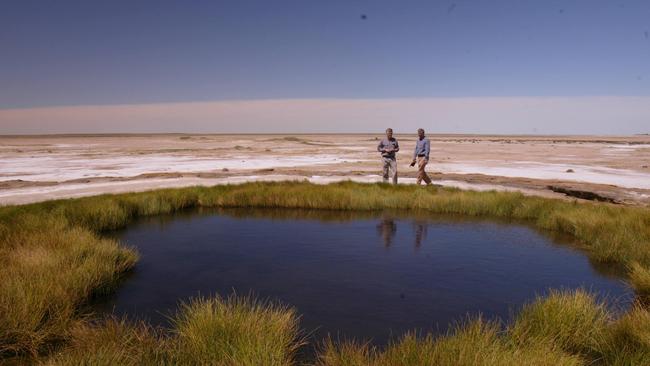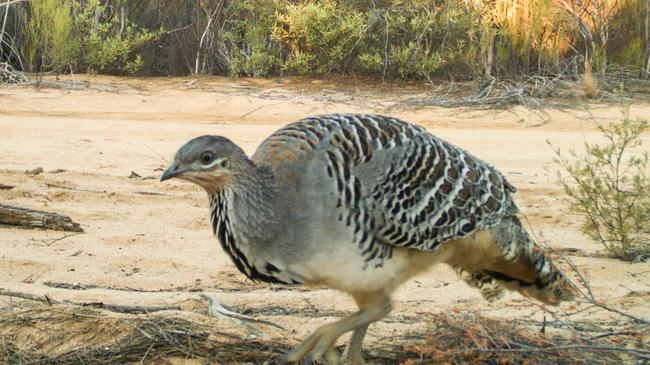Rushing the Streamlining Environmental Approvals Bill before parliament weakens protection, critics say
Slashing “green tape” means removing environmental protection and increasing the risk of extinctions, conservationists warn, as the federal government rushes to make approval processes easier.
Conservation
Don't miss out on the headlines from Conservation. Followed categories will be added to My News.
- Environmental protection law overhaul for easier approval of mines
- How to get the most out of your Advertiser subscription
The Federal Government is using COVID-19 as an excuse to rush changes to environmental protection through parliament before the 10-year review of the Environment Protection and Biodiversity Conservation Act 1999 is complete.
Old legislation that stalled in the senate under former PM Tony Abbott will be put to the vote on Tuesday in the House of Representatives. It is expected to pass and progress to the Senate as early as Wednesday.
The Government wants to streamline Commonwealth and state processes to a point of “single touch approvals” for major projects, but conservationists believe this weakens environmental protection, raising the risk of extinctions and threats to natural resources such water supplies.

At the Environmental Defenders Office in Adelaide, managing lawyer Melissa Ballantyne is suspicious about the Government’s motives.
“It seems under the cloak of the pandemic, the Commonwealth Government is trying very hard to shed it’s national environmental responsibilities with the ultimate objective of removing itself from decision making,” she said. “The Commonwealth government has a legal responsibility under the EPBC Act to make decisions where matters of national environmental significance such as threatened species are at great risk.”
Ms Ballantyne questions what shortening the time frame for assessment will mean for both public input and for proper scrutiny by state and Commonwealth ministers.
“Shortening assessment timeframes may mean there is less time for the public to provide valuable input on significant projects such as the proposed expansion of the Olympic Dam mine in SA’s far north,” she said.
“In addition oversight by the Commonwealth minister is very important where national matters such as critically endangered species are at risk. There is also a critical need for oversight for projects where states have a conflict of interest because they stand to benefit financially from a project proceeding. In these situations the Commonwealth Government should have final oversight on decision making and not simply leave it to the states and territories.”

The EPBC Act is under review, led by former competition watchdog chairman Professor Graeme Samuel.
The interim report released in July supported single touch approvals, provided new legally enforceable national standards were set and met, with a “strong, independent cop on the beat” to ensure compliance. But these aspects are not in the current Streamlining Environmental Approvals Bill.
Minister for the Environment, Sussan Ley says the reforms “will support economic recovery post-COVID whilst maintaining strong environmental protections”.
“Everyone acknowledges the current approval system leads to duplication and inefficiency due to unnecessary interactions between Commonwealth, state and territory environmental laws,” she said.
“The Streamlining Environmental Approvals Bill and bilateral agreements will reduce regulatory burden, accelerate job-creating projects, promote economic activity and create certainty around environmental protections.”
Ms Ley said the current Bill was the first tranche of EPBC Act reforms linked to Professor Samuel’s independent statutory review of the Act and bilateral agreements with states and territories would include Commonwealth led environmental standards.


